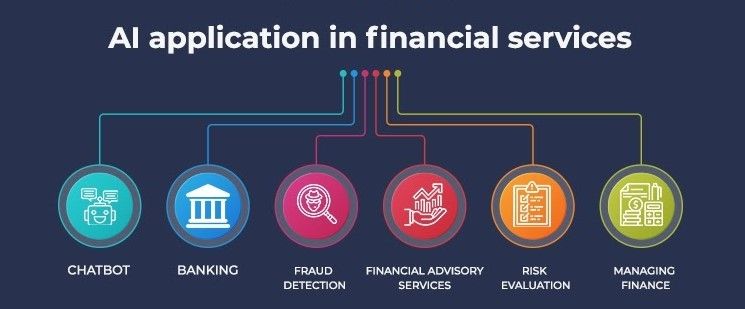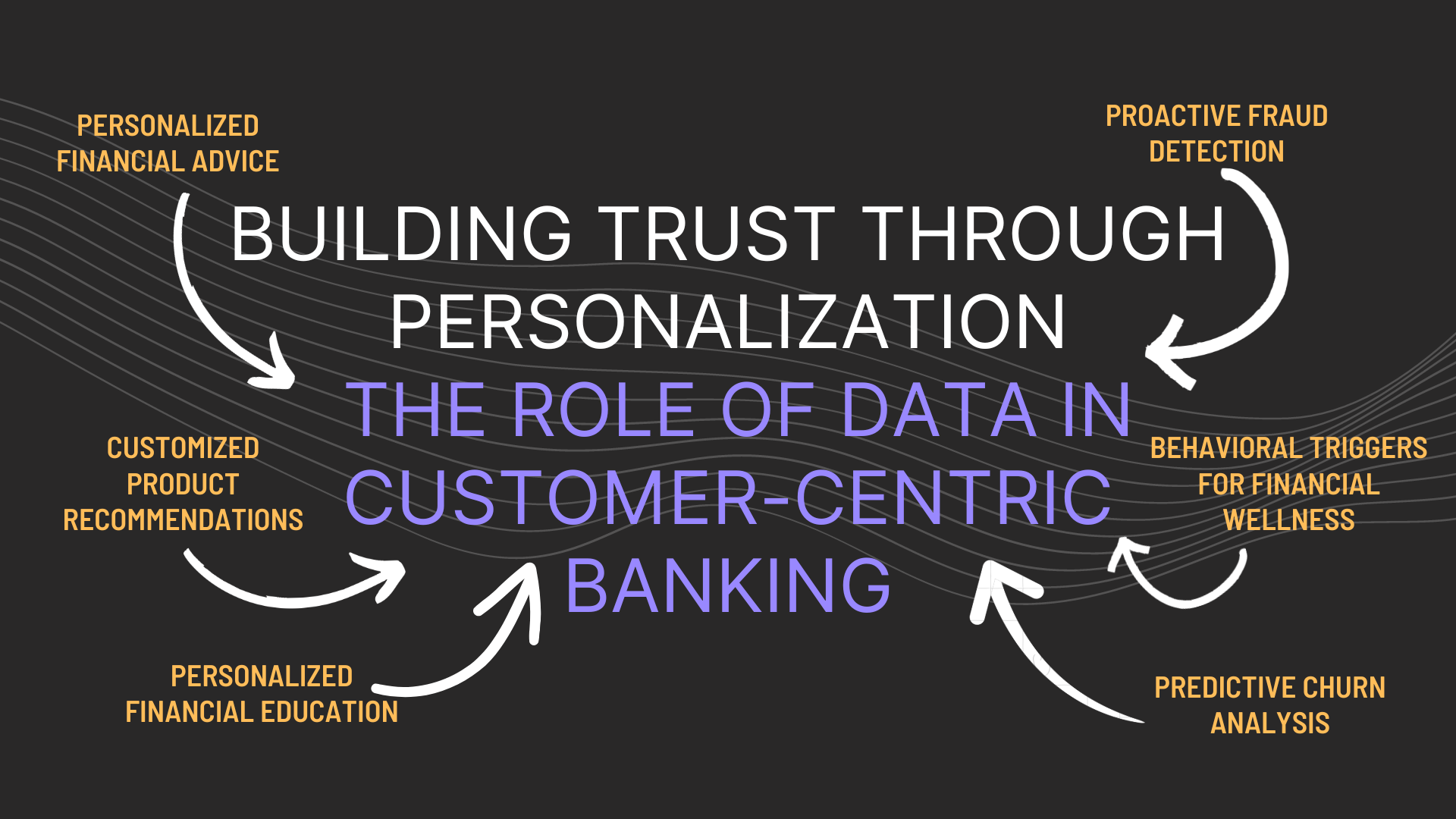Harnessing AI for Personalized Financial Advice and Wealth Management

Introduction
Artificial Intelligence (AI) has emerged as a powerful tool in various industries, revolutionizing how organizations operate and make informed decisions. One area where AI is making significant strides is in personalized financial advice and wealth management. By leveraging vast amounts of data, sophisticated algorithms, and machine learning techniques, AI-driven platforms can provide individuals with tailored guidance to enhance their financial well-being.
The Role of Data in Personalized Financial Advice

The foundation of effective personalized financial advice lies in the availability and analysis of relevant data. Traditional wealth management models rely on human advisors who often base their recommendations on limited information obtained through personal interactions with clients. However, AI-powered systems can process large volumes of structured and unstructured data from multiple sources such as bank accounts, investment portfolios, credit card transactions, real estate values, market trends, economic indicators, and news articles – just to name a few.
By aggregating these diverse datasets into a unified platform equipped with advanced analytics capabilities powered by machine learning algorithms, A.I. systems can generate meaningful insights about individual investors' financial situations. These insights form the basis for providing personalized recommendations tailored specifically to each investor's goals and risk appetite.
Machine Learning Algorithms: Unleashing Actionable Insights
Machine learning algorithms lie at the heart of successful applications harnessing AI's potential for personalized financial advice and wealth management. Through iterative processes involving training on historical data patterns while continuously adapting based on new input data points over time – these algorithms enable accurate predictions related to asset allocation optimization strategies or stock price movements.
One popular machine learning technique used extensively today is supervised learning which involves training models using labeled datasets containing historical examples paired with correct outcomes (e.g., predicting future stock prices based on past performance). This approach enables machines to learn patterns within the data and make predictions based on these patterns.
Another technique is unsupervised learning, which involves training models without labeled data, allowing the algorithm to identify hidden patterns or groupings within a dataset. This approach can help identify clusters of similar investors with common financial behaviors and preferences.
Additionally, reinforcement learning techniques can be employed to continuously improve decision-making processes by rewarding algorithms for making positive outcomes while penalizing negative ones. Such approaches ensure constant optimization and adaptation in personalized financial advice systems as they learn from real-time feedback.
Benefits of Personalized Financial Advice Systems

The adoption of A.I.-driven personalized financial advice systems offers numerous benefits for individuals seeking wealth management solutions:
1. Tailored Recommendations:
A.I. algorithms analyze individual profiles holistically, considering factors like income, expenses, age, risk tolerance levels, investment goals, and market conditions. With these insights at their disposal, platforms can generate customized recommendations specific to each investor's unique circumstances and aspirations.
2. Real-Time Monitoring:
By leveraging real-time data feeds and advanced analytics techniques such as anomaly detection algorithms, AI-powered platforms can monitor investments continuously. They promptly alert investors about potential risks or opportunities arising due to sudden market shifts or emerging trends – enabling timely actions to safeguard portfolios or capitalize on lucrative prospects.
3. Risk Management:
Personalized financial advice systems heavily emphasize risk management through a comprehensive analysis of historical performance metrics across various asset classes – helping investors make informed decisions regarding diversification strategies or portfolio rebalancing tactics aimed at reducing overall risk exposure while maximizing returns.
4. Cost-Effectiveness:
Traditional wealth management services often come with high fees associated with human advisors' expertise and efforts required in delivering tailored advice manually to clients individually. On the other hand, A.I.-driven platforms offer cost-effective alternatives since they automate many aspects of the advisory process without compromising quality or personalization.
To end with
Harnessing the power of Artificial Intelligence for personalized financial advice and wealth management has the potential to revolutionize how individuals manage their finances. By leveraging vast amounts of data, machine learning algorithms, and advanced analytics techniques, AI-driven systems can provide tailored recommendations specific to each investor's unique circumstances and goals.
With benefits such as real-time monitoring, risk management, cost-effectiveness, and personalized insights – these platforms empower individuals to make informed decisions regarding their financial well-being while optimizing returns on investments. As AI continues to evolve rapidly, it is poised to play a vital role in shaping the future of personal finance by offering truly individualized guidance at scale.

